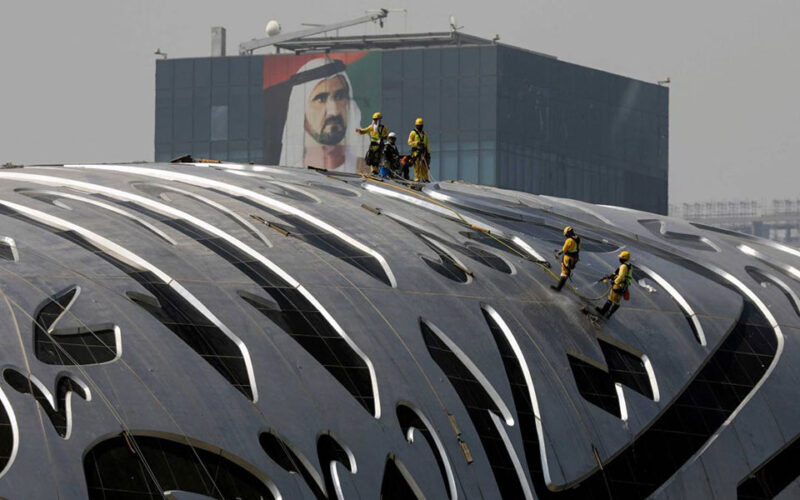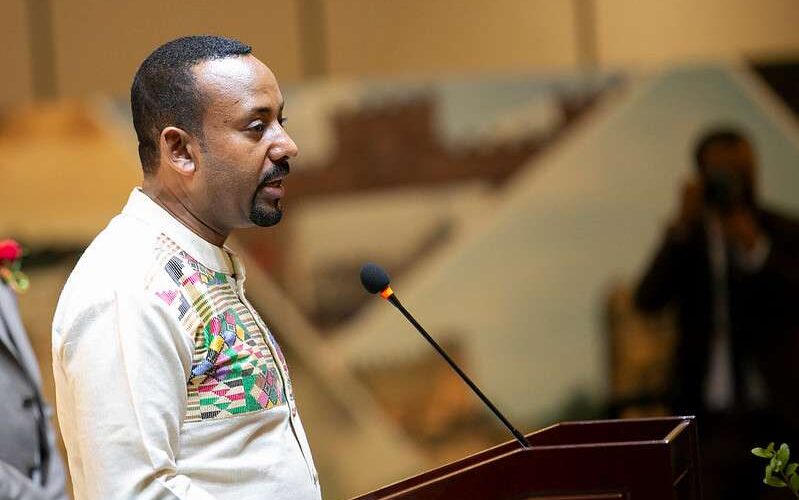
‘They told us they hate Africans’
MAYA GEBEILY KABRIRAT Olokunde, a Nigerian migrant worker, planned to spend her birthday with friends in the city of Abu Dhabi. Instead, she turned 28 in a frigid prison cell, one of about 700 Africans imprisoned by Emirati authorities without charge. In unparalleled mass arrests, the workers were jailed with "no legal justification" on the night of June 24-25 and later started being deported, said ImpACT International for Human Rights Policies and the Euro-Mediterranean Human Rights Monitor. "I celebrated my birthday in chains, with no mattress," Olokunde said by phone from the Nigerian city of Lagos, where she was deported…

